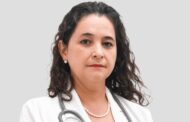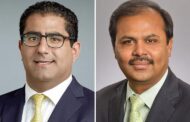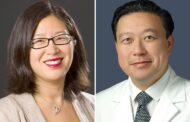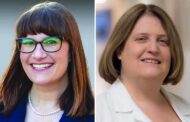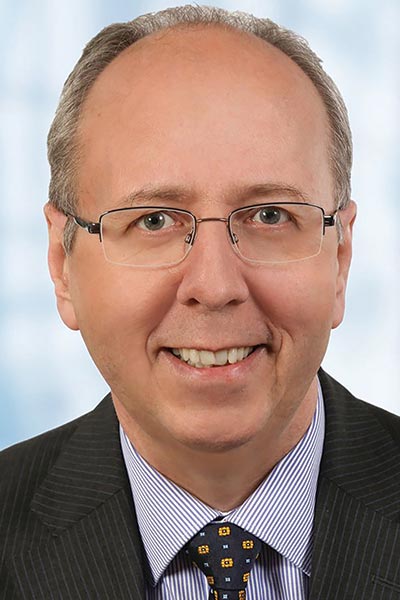
After two years of meeting virtually, organizers of the 2022 World Conference on Lung Cancer, which will take place August 6-9, 2022, in Vienna, Austria, have developed a program to enable those who are able to return to in-person interactions to do just that. And for those that cannot be in Vienna, WCLC 2022 will offer virtual education and opportunities to connect and interact with their colleagues around the world.
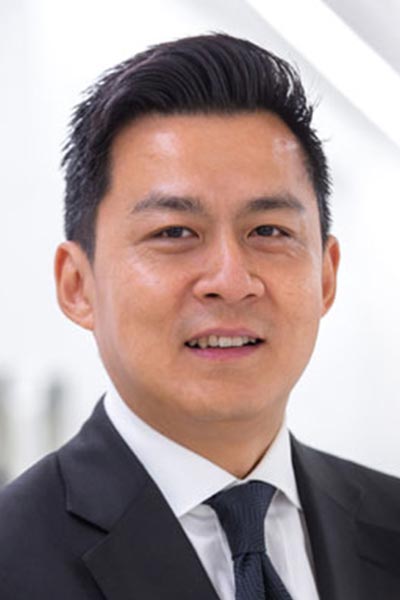
In addition to satisfying the needs of in-person and virtual attendees, the planning committee—led by Honorary Chair Robert Pirker, MD; Co-Chair Eric Lim, MD; Co-Chair Françoise Mornex, MD, PhD; Co-Chair Silvia Novello, MD, PhD; and Co-Chair Helmut Prosch, MD—also worked to ensure the program appealed to the diverse group of professionals that make up the thoracic oncology community.
The educational program includes ground-breaking, multidisciplinary science. In addition to traditional abstract presentations and lectures by world-renowned speakers, WCLC 2022 offers hands-on workshops, interactive sessions, as well as sessions designed for specific audiences, including nurses and allied health professionals, patients, and patient advocates.
ILCN recently spoke with Drs. Lim, Novello, and Prosch about the upcoming conference. Here’s what they had to say.
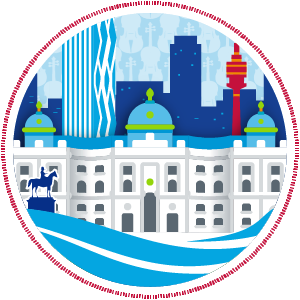
Need to Register?
Visit wclc2022.iaslc.org to view the complete WCLC 2022 program and register today! With in-person and virtual elements, #WCLC22 has options for everyone in thoracic oncology, regardless of their location.
ILCN: What are you most looking forward to about returning to an in-person World Conference on Lung Cancer?
Dr. Lim: The opportunity to meet our colleagues face to face. To exchange viewpoints, discussions, or have a drink together. The simple things that cannot be replicated online.
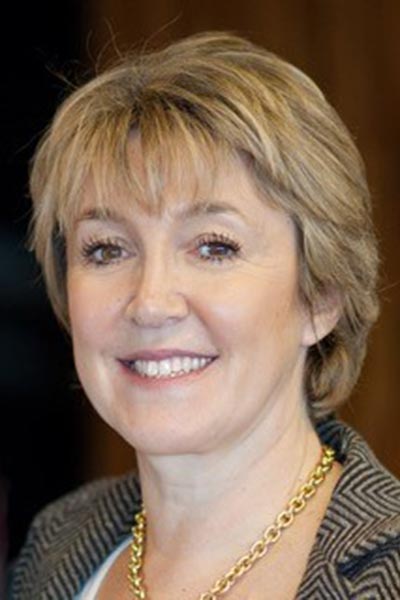
Dr. Novello: It’s important to see many friends and colleagues. To be together in person—not just in front of a computer—to share ideas and discuss programs and projects. I’m looking forward to that.
Dr. Prosch: Seeing people in person as well. Some of us have stayed in a physical quarantine for years now and are eager to meet again. And I have experienced a few in-person meetings already and people appreciate them. I’m looking forward to discussing data in person and getting to know new people.
I’m also excited to show off Vienna. It’s a beautiful city—especially in the summer. There’s so much to do, including sites to see and cultural events.
ILCN: As you planned the educational programming for WCLC 2022, what themes emerged among the latest science in thoracic oncology?
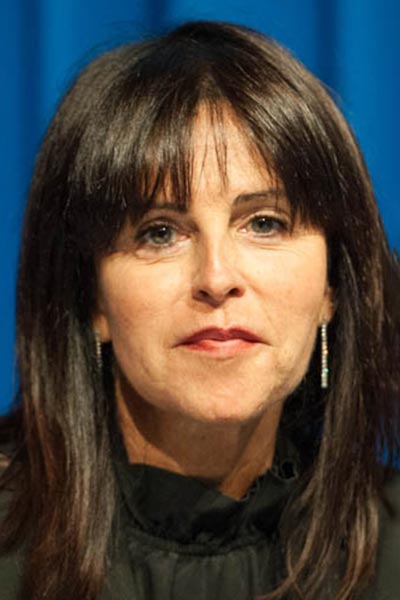
Dr. Lim: The overriding theme for this year is multimodality management of lung cancer with all specialties working increasingly closer to improve our understanding of cancer and the length and quality of life of those living with cancer.
Dr. Novello: In the clinical context, there have been many innovations. A year seems short, but in reality, there is a lot of news regarding immunotherapy and targeted therapies. The main novelties are certainly in early illness, and therefore in an area that really requires a multidisciplinary approach.
Dr. Prosch: The latest science and literature is increasingly focused on specific targets. The new aim is to prolong survival, and there’s tremendous opportunity for treatments to become more tailored to more patients.
ILCN: What sessions or presentations are you most looking forward to during WCLC 2022?
Dr. Novello: Certainly, the sessions concerning early disease, because here there are paradigm changes coming. Those, together with the sessions in the Tobacco Control and Risk Reduction track, because primary prevention is the “real cure.” I’m also looking forward to the plenary sessions because we have tried to include key research in each of them.
Dr. Lim: For me, the presidential plenary session. Major surgical and multimodality trials will be presented that will change how we manage patients with lung cancer. (The Presidential Symposium—Top Rated Abstracts will take place from 08:30-10:20 on Monday, August 8, in Hall C1)
Dr. Prosch: I’m interested in looking at data from other fields and subspecialties. I think the data can likely show us the challenges we are confronted with now as the targets are getting more and more specific and targeting smaller patient populations. There’s a lot of research around sequencing of treatments and combinations. In screening and staging, so much is going on now, and it’s exciting to see. It’s still evolving. Looking beyond our specific field helps us better understand our own practice, which is why multidisciplinary meetings like WCLC are so important.
ILCN: This has been a challenging year worldwide with an ongoing pandemic and war in Ukraine to name but two concerns. How did these challenges affect the planning of WCLC 2022?
Dr. Lim: My fellow co-chairs were instrumental in selecting speakers respecting our global diversity while accommodating a multitude of travel restrictions to deliver the best world conference that we can in light of the challenges we have faced.
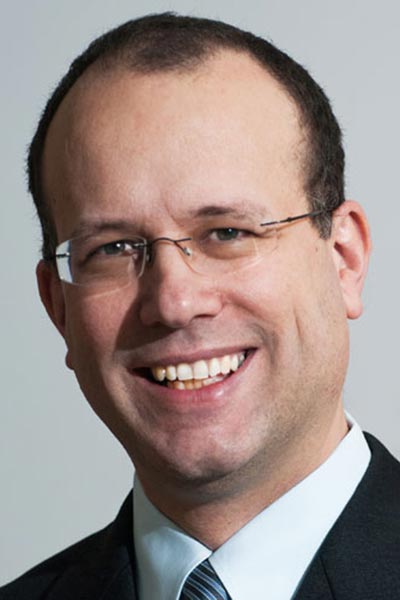
Dr. Novello: Early in the planning, it was difficult to decide how to proceed not knowing what we would be able to do logistically when the meeting arrived. From the beginning we knew we wanted to meet in person, but sometimes there are events that are bigger and stronger than us—elements that are beyond our control, and we, especially as physicians, cannot ignore them.
Dr. Prosch: We’ve tried to be as flexible as possible to allow all our colleagues to participate. I think that reflects the spirit of the society. WCLC is a global meeting, and it should reflect the society’s international spirit.
The largest travel difficulties affect our colleagues in China, but of course, we want our colleagues there to have the opportunity to present their data and contribute to the conference. Making the annual joint session of the IASLC, the Chinese Society for Clinical Oncology, and the Chinese Alliance Against Lung Cancer a virtual event is one way we’re working around travel disruptions. (The Joint IASLC-CSCO-CAALC Session: Liquid Biopsy in Oncogene Driven NSCLC, will begin at 21:00 on Saturday, August 6.)
The international and interdisciplinary nature of this meeting is really important. We’ve all worked together to try to allow as many people as possible the opportunity to participate.

